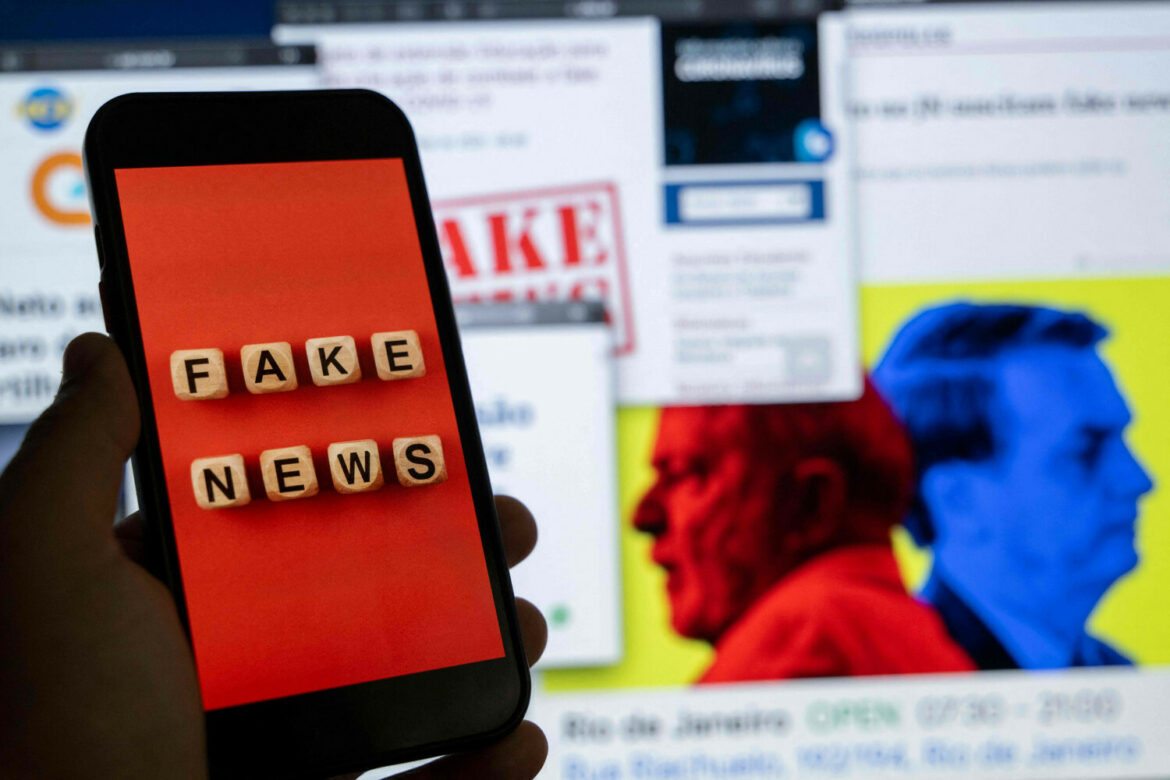The Ministry of Education and Science, in cooperation with the Centre for Media Education in Kielce, has prepared a series of film materials on disinformation, fake news and manipulation. The main aim of the initiative is to broaden knowledge about the functioning of the public media and encourage reflection on the analysis of media messages and the development of critical thinking skills.
Since ancient times, manipulated content has been a tool of propaganda, intended to portray the ruler in a good light, influence the formation of public opinion or incite the people. In the age of technology and mass media, information has become not only a source of knowledge, but also a special tool for manipulation and disinformation and for spreading chaos.
Anna Gwozdowska, editor of Fake Hunter, answers the question of what false information is, nowadays called fake news: „It is simply a lie. If someone, for example, publishes a photo online from the past, from a few years ago, gives it some current value by saying that it represents events from two days ago, this is clearly fake news – untrue”.
Piotr Litwin, senior analyst at the Demagogue Association talks about fake news as content that someone has crafted. Such fake news, just like fake shoes, is also fake information. He points out, however, that behind the creation of fake news there are very specific goals, i.e. to create chaos or to convince people of a particular vision of the world.
Kamil Oleszkiewicz, an education and information specialist at NASK, points out that the first step not to be manipulated is to verify information and confirm it in other sources.
The educational series was created during the ‘Expert session #CYFROWErozmowy: verification in the age of (dis)information’, organised on 8 November 2023 by the Ministry of Education and Science in collaboration with the Centre for Media Education in Kielce.
Adrian Andrzejewski





